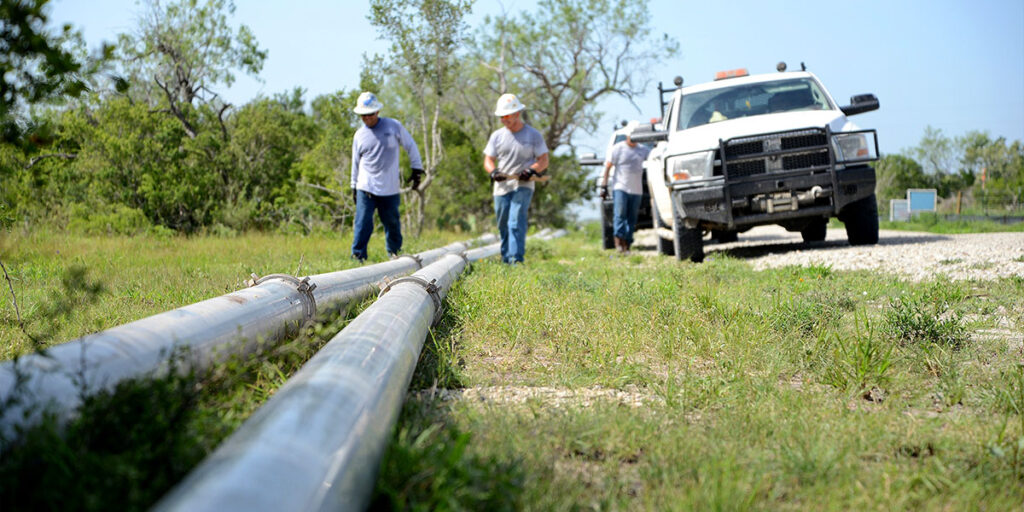Efficient water management plays a vital role in oilfield productivity and sustainability. In Midland, Texas, one of the most active regions in the Permian Basin, water transfer services ensure oilfield operations run smoothly and without interruption. These services move large volumes of water to and from well sites, supporting both daily operations and long-term resource management.
Importance of Water in Oilfield Operations
Water is essential for drilling, hydraulic fracturing, and well completion. Each of these processes depends on a steady and reliable water supply to function safely and efficiently. Without effective transfer systems, operations may face downtime, equipment damage, or safety risks.
That’s why Water Transfer Services in Midland, Texas, is a cornerstone of modern oilfield operations, providing consistent water movement and reducing logistical challenges across remote and demanding environments.
Streamlining Operations Through Efficient Water Movement
Efficient water transfer is key to maintaining productivity in large-scale oilfields. Instead of relying on truck deliveries, companies now use advanced systems for faster and more cost-effective movement.
Here’s how these services streamline operations:
- Reduce dependency on trucking: Fewer vehicle trips mean lower costs and emissions.
- Ensure timely delivery: High-capacity pipelines keep water flowing without delays.
- Support round-the-clock production: Reliable systems maintain supply even in remote sites.
- Minimize environmental impact: Reduced fuel use and better containment lower the footprint.
Together, these advantages allow operators to focus on production rather than logistics. Efficient transfer systems save time, money, and resources while maintaining operational reliability.
Safety and Environmental Responsibility
Professional water transfer providers place strong emphasis on safety and environmental care. They use durable hoses and pipelines with leak detection systems to prevent spills. Routine checks and real-time monitoring protect both people and property.
Additionally, these providers follow all local and federal environmental guidelines, ensuring responsible water handling and waste disposal. Their commitment to compliance and sustainability makes them essential partners in today’s energy landscape.
Technological Advancements Driving Water Transfer
Technology continues to transform how water is managed across oilfields. Modern water transfer systems include several innovative features such as:
- Automated monitoring systems for real-time performance tracking
- Flow and pressure sensors that maintain system stability
- Telemetry tools enabling remote supervision
- Data analytics for predicting demand and optimizing resources
These tools improve efficiency, reduce waste, and help operators maintain a consistent water supply throughout every stage of production.
Cost Efficiency and Operational Continuity
Reliable water transfer directly impacts the bottom line. The right systems can:
- Prevent costly downtime by ensuring an uninterrupted supply
- Cut transport expenses through pipeline-based distribution
- Lower emissions from reduced truck traffic
- Maintain consistent productivity across all sites
By integrating these systems, oilfield operators enhance both cost control and performance reliability.
Supporting Long-Term Sustainability
Modern water transfer services also promote sustainability. Providers today focus on:
- Water recycling and reuse programs
- Energy-efficient pumping equipment
- Compliance with environmental standards
- Lower carbon emissions and eco-friendly operations
These efforts ensure responsible water use and support the oil industry’s move toward greener, more sustainable practices.
Conclusion
In Midland, Texas, water transfer services are vital to oilfield efficiency and environmental responsibility. They ensure a steady supply of water, reduce operational costs, and integrate advanced technologies for long-term success. By choosing professional Water Transfer Services in Midland, Texas, oilfield operators can maintain productivity while supporting safety and sustainability goals.



